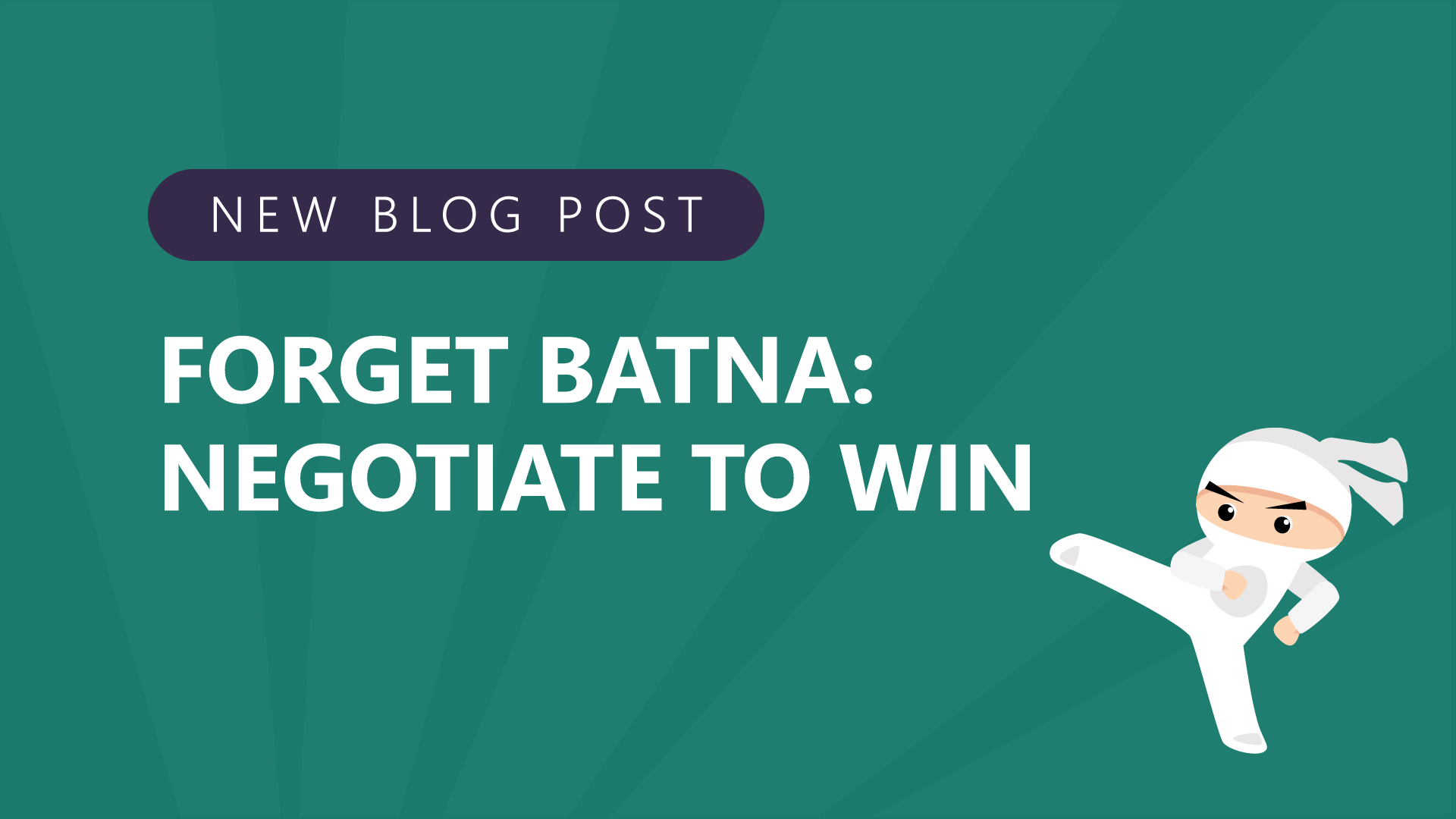Matthias Schranner spent 14 years as a hostage negotiator for the German police before transitioning to becoming a consultant. As a hostage negotiator, you have to play to win because someone’s life depends on it. They have to reach an agreement, or the hostage dies.
If there is no alternative, then you have to be well-prepared, focused, and concentrated. If you go into a negotiation knowing you have an alternative, it will always be at the back of your mind. In Matthias’ opinion, it makes your approach disrespectful. How?
If you tell someone you want to work with them and will do anything to reach an agreement with them, it shows a high level of respect. But if you say, “If you don’t agree, I’ll just go somewhere else,” it’s disrespectful.
Oftentimes, people prepare a BATNA in case they can’t come to an agreement, i.e. they’re enmeshed in conflict and get deadlocked. But Matthias believes that you can’t be afraid to embrace conflict in negotiation.
How to embrace conflict in negotiation
People are afraid that conflict will damage a relationship or lead to a negative outcome or unintended consequences. But conflict doesn’t have to be negative. You can see it as an opportunity to think differently. Conflict can be a challenge. You have to embrace the “play to win” mindset.
Most people believe that if you embrace conflict, you will damage the relationship, but Matthias is clear that this is wrong. If you negotiate in an intensive way to reach an agreement—and go through the fire together—you create a long-term bond. You built trust for the future. If you negotiate respectfully, you won’t damage the relationship; you’ll create a relationship.
Negotiate to Win
In a difficult negotiation, you often don’t have an alternative. In some cases, you only have one supplier or one client. You have to negotiate to win. That’s why Matthias takes a different approach to negotiation than most. He isn’t afraid to embrace conflict. He’ll intentionally create deadlocks and push counterparties to walk away because it gives him the necessary information.
But there is a caveat—you must be respectful in every interaction. You must also leave an opening to reopen the negotiation. Matthias shares how he does just that in episode #387 of the Negotiations Ninja podcast. Give it a listen!

